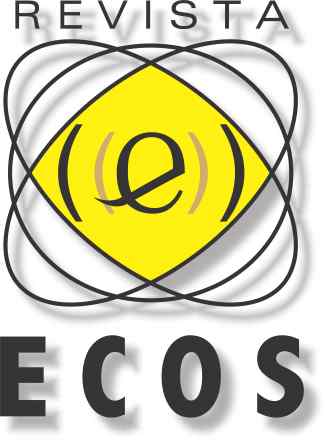A TRANSFORMAÇÃO DE UM JACARÉ: LITERATURA, ARQUIVO, MEMÓRIA E CULTURA DE CONSUMO
Revista Ecos
A TRANSFORMAÇÃO DE UM JACARÉ: LITERATURA, ARQUIVO, MEMÓRIA E CULTURA DE CONSUMO
Autor Correspondente: G. L. V. Andrade | [email protected]
Palavras-chave: Santiago Nazarian; mastigando humanos; teoria da literatura; mal de arquivo; cultura de consumo.
Resumos Cadastrados
Resumo Português:
O presente trabalho analisa e interpreta o romance Mastigando Humanos de Santiago Nazarian (2006), buscando pensar como a literatura pode ser lida como uma forma de arquivo que rompe com as lógicas de seleção e poder. Para isso, utiliza-se dos conceitos de arquivo, memória, suporte e herença de Jacques Derrida, no intuito de pensar como o romance e seu protagonista, Victório, questionam e fissuram os processos de descarte e de arquivamento da cultura contemporânea de consumo. Ao mesmo tempo, discute-se, através do texto literário, a produção do sujeito como arquivo e memória da cultura, que traz em si a potência de desorganizar o urbano, a iconografia da indústria cultural, a mÃdia e o próprio espaço da literatura, apropriando-se destes e transformando-os no aparato discursivo.
Resumo Inglês:
This paper analyzes and interprets the Santiago Nazarian (2006) novel, MastigandoHumanos, trying to think how literature can be read as a form archive that breaks with the logic of selection and power. For this, it uses the Jacques Derrida concepts of memory, support and heritage, in order to think how the novel and its protagonist, Victório, question and fissuring the disposal process and archiving of contemporary consumer culture. At the same time, it is argued, through the literary text, the production of the subject as cultural file and memory, which brings with it the power to disrupt the urban, the iconography of the cultural industry, the media and the literature of the space itself, appropriating these and turning them in the discursive apparatus.

